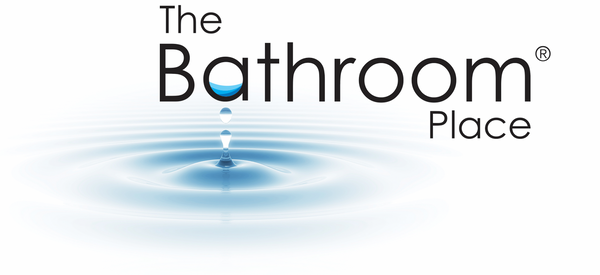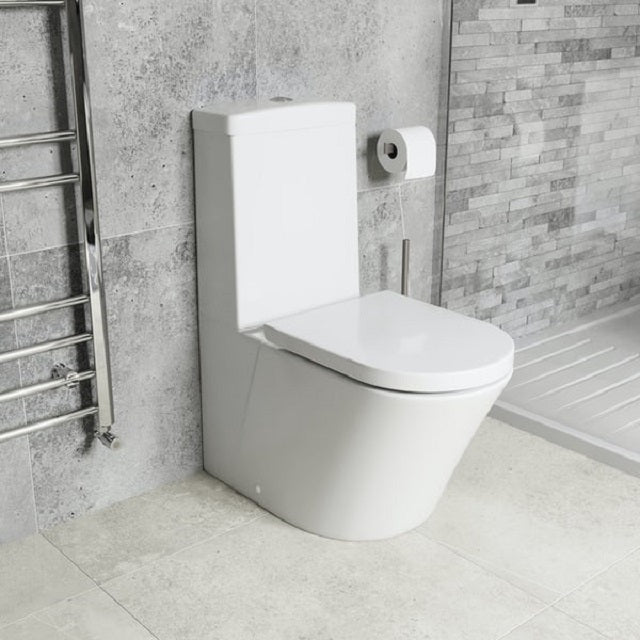Your existing bathroom will have plumbing that’s set up for your specific layout. This and the size of your space will narrow down which toilets you can use. However, if you want to change the plumbing to suit the toilet you really want, talk to a plumber so you can assess if the additional cost is worth it.
If you’re building a bathroom from scratch, then you can pretty much choose any style of toilet you want and tailor your plumbing to it.
2. Determine your pan type
Australia has three common pan types: S-trap, P-trap and Skew trap. The trap is the bend in the toilet pipe that expels the waste.
The S-trap has a waste pipe that’s connected to the floor, while a P-trap pipe connects to the wall. A skew pan is sometimes found in older homes – it has a pipe that extends either side of the toilet bowl.
3. Measure the set-out
Before you choose a toilet, it’s important to first establish the ‘set-out’ you need. This is the distance from the wall to the centre of the waste outlet for an S-trap, and the floor to the outlet for a P-trap.
Set-outs can vary, depending on the age of your house. Most new homes have a standard set-out of about 140-165mm, which is suited to most toilet suites. However, if the set-out is more than 200mm or less than 100mm, your choices are limited. So make sure you you take your set-out measurements with you when you go toilet shopping.
4. Water efficiency
The Australian Government has introduced a WELS scheme to help reduce the water consumption in homes. Based on a star rating system, it measures the amount of water per flush. A 3 STAR rating uses 6L for a full flush and 3L for a half flush. While a 4 STAR rating uses 4.5L for a full flush and 3L for a half flush.
If you’re building a new home, you will need to install a 4 STAR rated toilet. If you’re doing a minor renovation or just replacing the toilet, you can use a 3 or 4 STAR suite. Check with your local council if you’re doing a major renovation to see if you need a 4 STAR toilet.
5. Styles of toilet
Once you’ve settled on your toilet pan, your final step is to choose a toilet style. From concealed to wall faced, we’ll take you through the main types. Remember, it’s always best to check with your plumber about the types of toilets that will suit your bathroom. Mondella spec sheets can be downloaded and reviewed with your plumber to assess which will fit your plumbing set up.
Close coupled
A popular choice, the close coupled toilet is ideal for mid-range bathroom renovations. The cistern sits directly on top of the toilet pan, making it fully integrated and easier to clean. They come in a variety of styles but don’t really offer flexibility with the set-out.
Connector
The connector suite or ‘link suite’ is where the cistern and pan are linked only by the flush pipe, concealed by a plastic plate. You get more flexibility because the pan can be moved forwards or backwards to suit any set-out.
Concealed
The wall-hung pan is a discreet and stylish design. It’s mounted to a bracket in the wall and takes up less space than traditional units. The in-wall cistern offers a clean, uncluttered look that saves space and is easier to clean.
Wall faced
Also known as the ‘back to the wall toilet suite’, wall faced toilets sit flush against your bathroom wall to conceal all the pipe work. Perfect for contemporary bathrooms, they’re modern, tasteful and easy to clean.
Over many years, we have continually been tasked with finding the right design solutions to match custom situations or fit with existing bathroom fixtures. We have succeeded every time. If you need more information to make a more informed decision on what you would like to purchase, do not hesitate to contact The Bathroom Place® and ask an expert.

